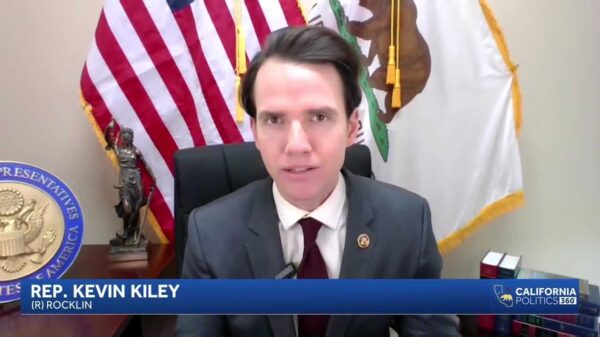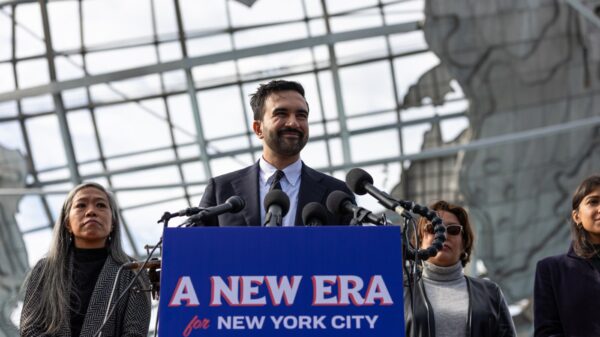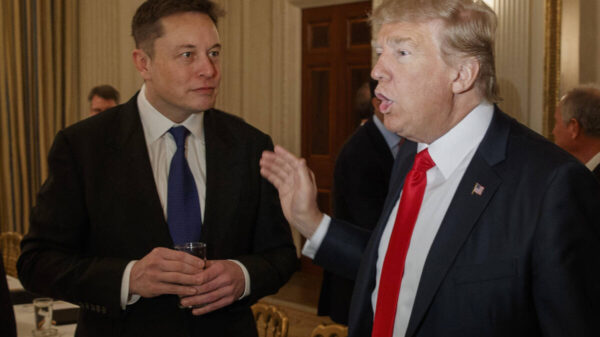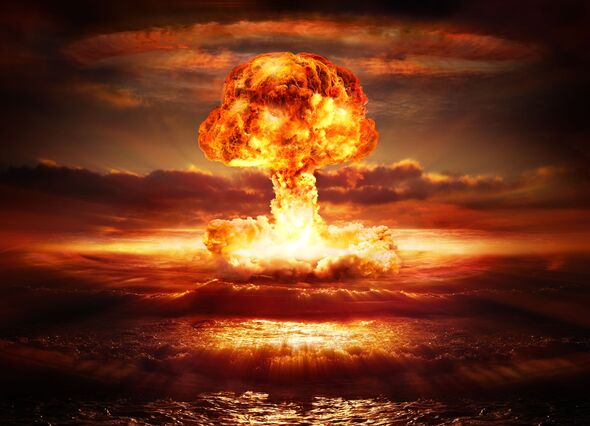Billionaire philanthropist Bill Gates has made a significant shift in his perspective on global threats, asserting that climate change is not the greatest risk facing humanity. In an open letter released ahead of the UN COP30 climate summit in Brazil this December, Gates emphasized that while climate change poses serious challenges, other issues, particularly the threat of nuclear war, demand urgent attention.
Gates, who has dedicated considerable resources from his estimated $122 billion net worth to combat climate change, acknowledged that the consequences of global warming disproportionately affect poorer populations. Yet he argued against a “doomsday outlook,” stating, “People will be able to live and thrive in most places on Earth for the foreseeable future.”
In his letter, Gates advocated for a more balanced approach to global challenges, urging increased investment in vaccines to combat infectious diseases, including malaria. He noted the importance of addressing multiple issues simultaneously, stating, “To be clear: Climate change is a very important problem. It needs to be solved, along with other problems like malaria and malnutrition.” Gates highlighted that every fraction of a degree of warming that can be prevented would have substantial benefits, as a stable climate enhances efforts to improve living conditions worldwide.
As Gates shifts focus, experts warn that humanity may face a more immediate existential threat from nuclear weapons. Dr. Rhys Crilley, an expert in international relations at the University of Glasgow, emphasized the urgency of the nuclear threat, stating, “Climate change unfolds over decades; nuclear war could end civilization in the space of a few hours.” He noted that while climate change is a gradual crisis reshaping the planet, the risk of nuclear conflict poses the possibility of rapid, widespread devastation.
Crilley pointed out that the risk of nuclear war is not merely theoretical, as tensions between nuclear powers continue to escalate. He remarked, “Nuclear weapon states are increasingly willing to use force to get what they want while threatening to use nuclear weapons.” Furthermore, he highlighted the potential for catastrophic accidents, mentioning that the absence of nuclear conflict during the Cold War was largely due to luck.
Research underscores the dire consequences of a nuclear conflict, suggesting that even a limited exchange of nuclear weapons would have devastating effects on the global climate. The detonation of atomic bombs would ignite massive fires, sending ash and dust into the atmosphere. These clouds could block sunlight for years, potentially triggering a “nuclear winter” that would drastically lower global temperatures and lead to widespread agricultural collapse.
Studies indicate that such a scenario could result in a significant drop in temperatures, potentially by as much as 18°F for nearly a decade. This reduction in sunlight would threaten global food production, exacerbating food insecurity and leading to catastrophic consequences for populations worldwide.
As Gates advocates for a reorientation of priorities, the conversation surrounding global threats continues to evolve. With the looming UN COP30 summit, the interplay between climate change and nuclear risk will likely dominate discussions among world leaders and experts alike.








































































